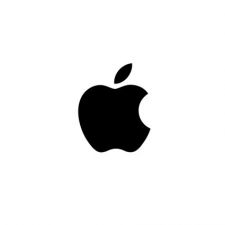Apple’s ATT onslaught doesn’t show any signs of stopping, and with the excitement over the reveal of the Apple Vision Pro, another announcement flew under the radar.
Apple has now revealed a number of changes to privacy on their App Store, chief among which is the introduction of Privacy Manifests. Straight from their developer blog, these manifests are described as “files that outline the privacy practices of the third-party code in an app, in a single standard format. When developers prepare to distribute their app, Xcode will combine the privacy manifests across all the third-party SDKs a developer uses into a single, easy-to-use report.
“With one comprehensive report that summarises all the third-party SDKs found in an app, it will be even easier for developers to create more accurate Privacy Nutrition Labels.”
For many, this already marks the end of fingerprinting, especially with Apple gearing up to publish a list of privacy-impacting SDK’s later this year. Marketing director at growth platform Tenjin, Roman Garbar, was quick to point to this as the “Destroyer of fingerprinting”, and it follows the ongoing battle Apple has been fighting to safeguard user privacy that has also impacted many aspects of the mobile game development and upkeep process, such as user acquisition and advertising.
What’s changing?
Explicitly, not much is changing as fingerprinting has already been prohibited on the iOS app store. However, for those concerned about privacy and developers who want to be transparent, it arguably offers much greater ease of access and observation.
But it also represents an extra hurdle, as developers selecting an API that could be used for fingerprinting “will now be required to select an allowed reason for usage of the API and declare that usage in the privacy manifest.” Developers will have to list this reason, and the API may only be used for this reason.
It also further tightens restrictions on privacy that many have found praiseworthy from Apple, but others have felt restrained by Apple’s “walled garden” approach to user privacy. It seems that developers, advertisers and UA specialists will now have to rely more than ever on Apple’s own toolkits for vital elements such as attribution.
The “opening” of iOS has presented its own problems to Apple, and the company has been quick to point out the amount of fraudulent transactions and unsecure apps they’ve rejected in 2022.






















